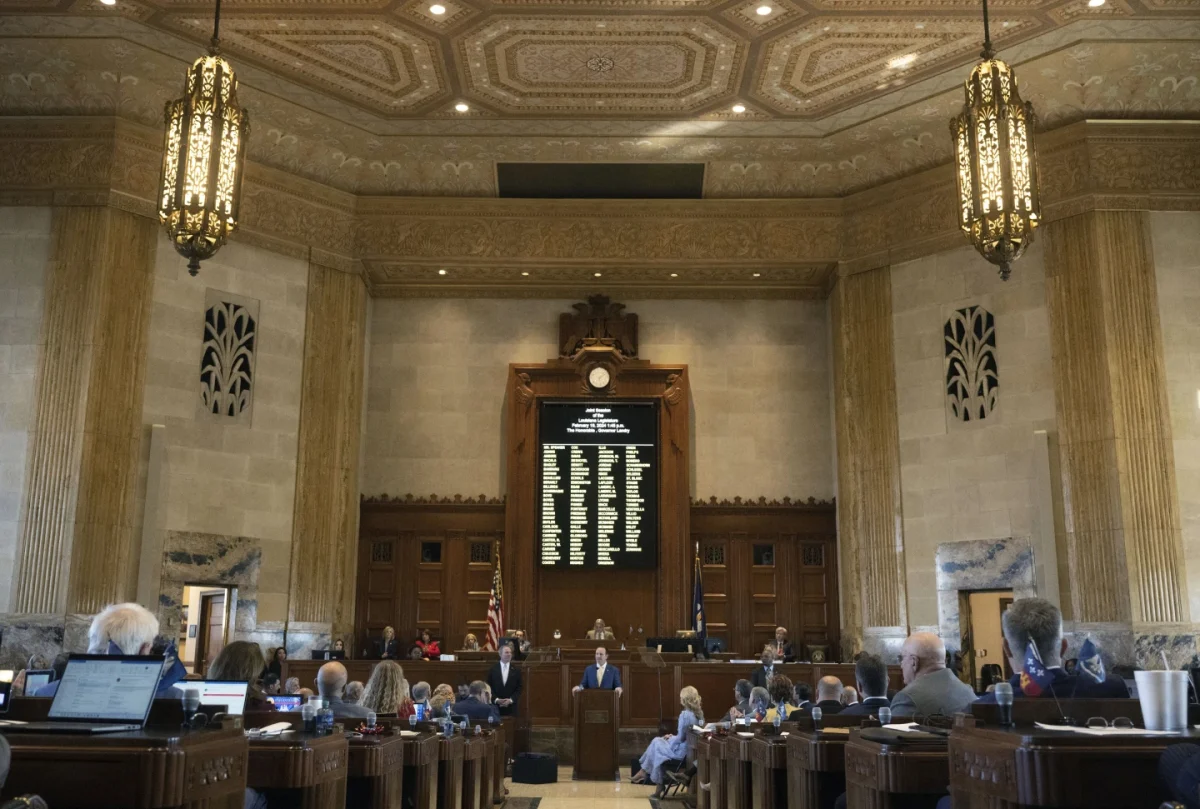Critical flaws in Jeffreys’ article
While I appreciate the candor and forthrightness of Todd Jeffreys’ guest column arguing for keeping DADT, his reasoning has several critical flaws.
To suggest that simply allowing homosexuals to serve openly will suddenly create “flamboyance” and therefore undermine unit cohesion suggests that Mr. Jeffrey’s view of homosexuals is based on a flamboyant stereotype that is demonstrably false. Judging an entire minority of people based on a stereotype that does not represent even a plurality of that group, then using the power of the majority to restrict what that minority can do, is the epitome of wrongful discrimination. If we’re an individualistic society, then why are we judging an entire group of people as one, instead of each person individually? After all, a few bad soldiers at Abu Ghraib does not mean all soldiers are equally bad. It is the exact same logic used in the past to exclude women and black Americans from the military. If Mr. Jeffreys were to engage with a broad swath of homosexuals, no doubt he already has, and just didn’t realize it,s then he would see that the gay stereotype he has was shaped by a limited perspective, and is wrong. From the American Psychological Association:
Empirical evidence fails to show that sexual orientation is relevant to any aspect of military effectiveness including unit cohesion, morale, recruitment and retention (Belkin, 2003; Belkin & Bateman, 2003; Herek, Jobe, & Carney, 1996; MacCoun, 1996; National Defense Research Institute, 1993).
Comparative data from foreign militaries and domestic police and fire departments show that when lesbians, gay men and bisexuals are allowed to serve openly there is no evidence of disruption or loss of mission effectiveness (Belkin & McNichol, 2000–2001; Gade, Segal, & Johnson, 1996; Koegel, 1996).
When openly gay, lesbian and bisexual individuals have been allowed to serve in the U.S. Armed Forces (Cammermeyer v. Aspin, 1994; Watkins v. United States Army, 1989/1990), there has been no evidence of disruption or loss of mission effectiveness.
The U.S. military is capable of integrating members of groups historically excluded from its ranks, as demonstrated by its success in reducing both racial and gender discrimination (Binkin & Bach, 1977; Binkin, Eitelberg, Schexnider, & Smith, 1982; Kauth & Landis, 1996; Landis, Hope, & Day, 1984; Thomas & Thomas, 1996).
The military puts women in charge of leading troops, despite any concerns some may have about their potential “mannerisms and way of speech.” The military does not prevent all women from joining simply because some women might be more interested in fashion than in firearms. Instead, these fashion-forward women would never have joined the military in the first place.
Yes, the military does exclude some handicapped persons, some that are too short/too tall, etc. This happens in the civilian world, too, and can be perfectly legal. But this is an apples-to-oranges comparison. Being gay does not mean you can’t perform physically demanding tasks. All women and men are not excluded from the military just because some women or men cannot meet the physical demands of the job. As Mr. Jeffreys points out, gay men and women are already in the military, so clearly they were able to pass the necessary physical requirements.
Allowing women and black Americans to serve “openly” in the military did not cause our nation harm, despite the dire warnings. Evidence clearly shows that sexual orientation has no effect on unit cohesion. Integration of homosexuals is not necessary; they’re already there. We just need to stop kicking them out if the only reason for their discharge is because their homosexuality has become publicly known. After all, we need all the good armed service members we can get.
Brandon James
alumnus, class of 2001




